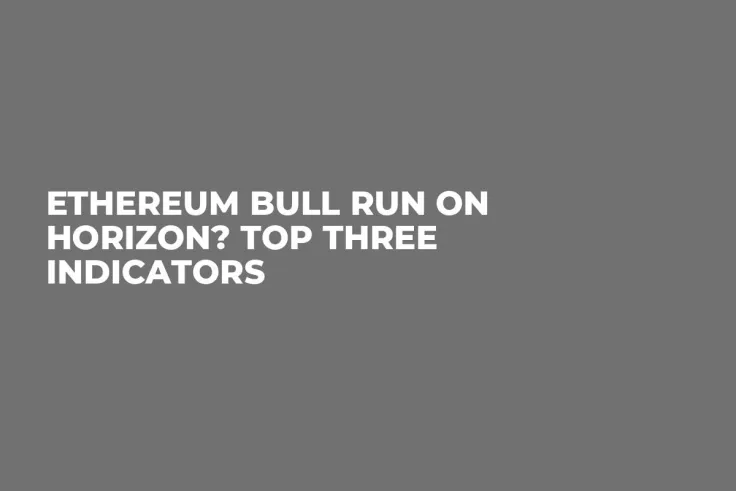
Disclaimer: The opinions expressed by our writers are their own and do not represent the views of U.Today. The financial and market information provided on U.Today is intended for informational purposes only. U.Today is not liable for any financial losses incurred while trading cryptocurrencies. Conduct your own research by contacting financial experts before making any investment decisions. We believe that all content is accurate as of the date of publication, but certain offers mentioned may no longer be available.
As the cryptocurrency market teeters on the edge of a new era, Ethereum (ETH) stands at the forefront, with potential signs pointing toward an impending bull run.
In a surprise turn of events, the SEC approved the first ETH ETFs last week, resulting in 27% weekly increases for the second-largest cryptocurrency. At the time of writing, ETH was up 2.34% in the previous 24 hours to $3,941, having reached intraday highs of $3,950.
In its most recent data debrief, Kaiko, a leading provider of cryptocurrency market data, attempts to answer the question of whether Ethereum is on track for a bull run.
The first indicator is the derivatives market, where Ethereum's open interest and funding rates provide insights into trader sentiment.
The sentiment around ETH shifted dramatically after the U.S. Securities and Exchange Commission unexpectedly approved plans for spot ETH ETFs.
The rapid turnaround in ETH sentiment was visible in futures markets. Within three days, ETH perpetual futures funding rates rose from their lowest point in over a year to a multi-month high.
Open interest reached an all-time high of $11 billion, indicating substantial capital inflows into the industry. The ETH-to-BTC ratio, which measures the two assets' relative performance, increased from 0.044 to 0.055, albeit maintaining below February highs.
Another indicator, the ETH Cumulative Volume Delta (CVD), reveals that the current ETH surge has been broad-based, with substantial net buying in both U.S. and offshore spot markets since May 21, which suggests wider global optimistic sentiment. Notably, until then, offshore exchanges were registering net selling.
The third and perhaps most telling indicator is market depth, which is defined broadly as the market’s ability to sustain relatively large market orders without impacting the price of the asset. According to Kaiko, ETH’s market depth on CEXes is approximately $226 million, still 42% below its pre-FTX average levels, and only 40% is concentrated on U.S. exchanges - compared to around 50% in early 2023.
Kaiko noted that the ETH approval has significant ramifications for ETH as an asset, removing some of the regulatory uncertainty that has weighed on ETH's performance over the past year, a positive for ETH, even if inflows disappoint in the immediate term.

 Dan Burgin
Dan Burgin Vladislav Sopov
Vladislav Sopov